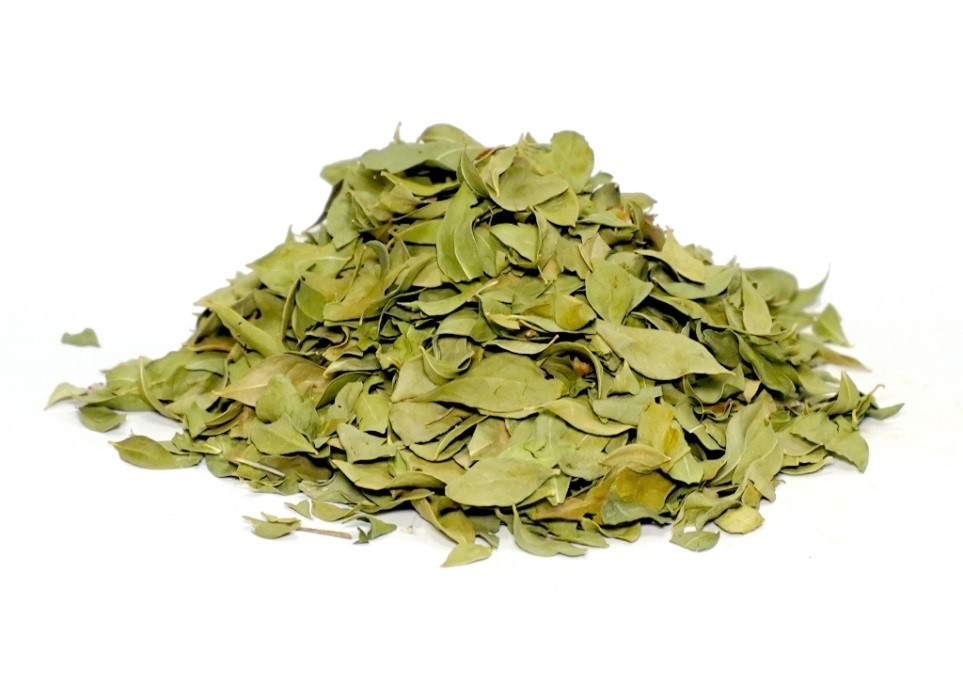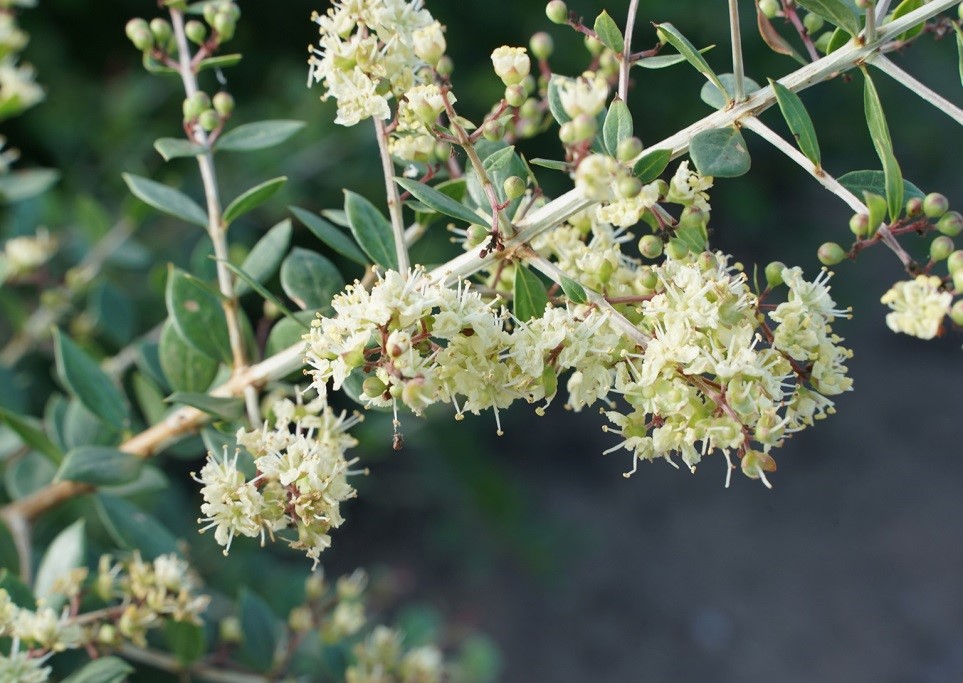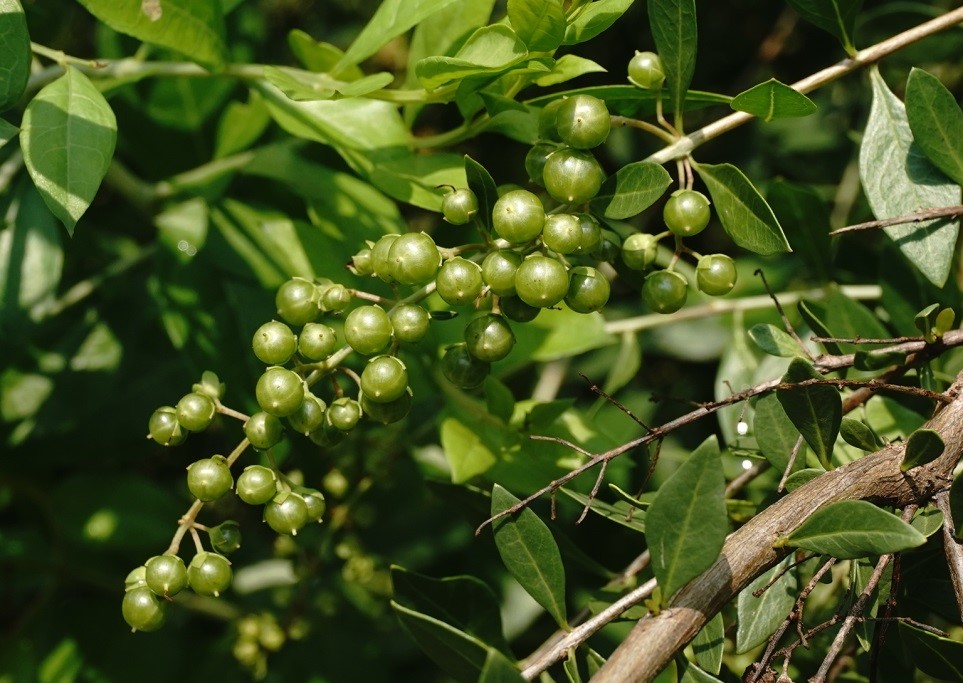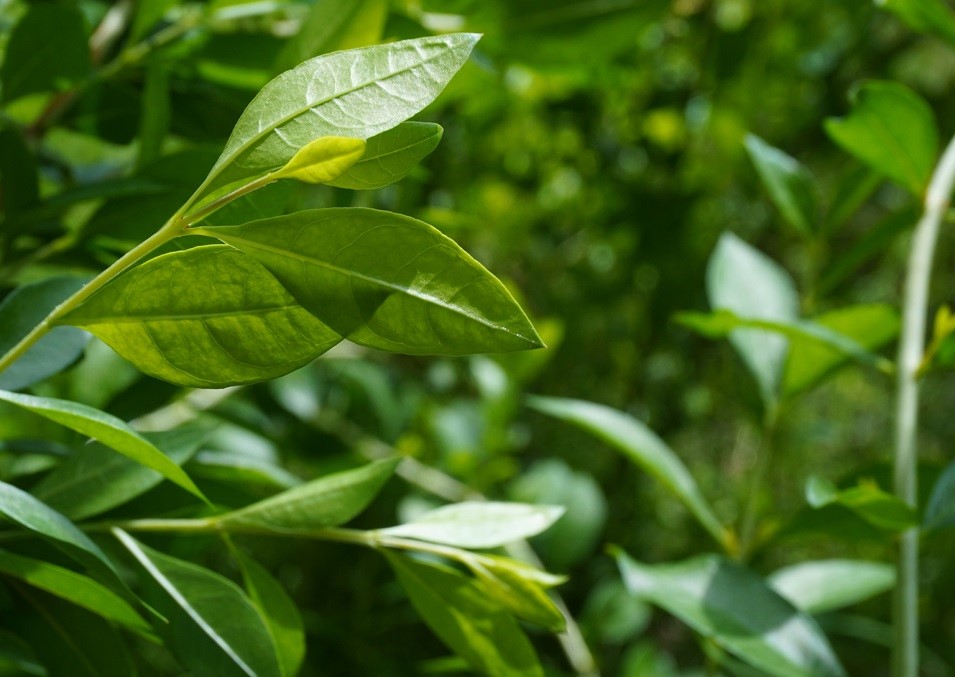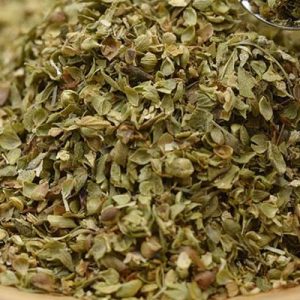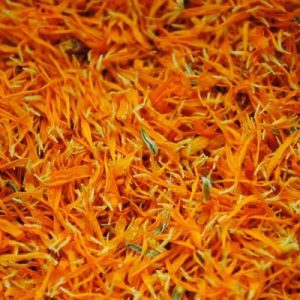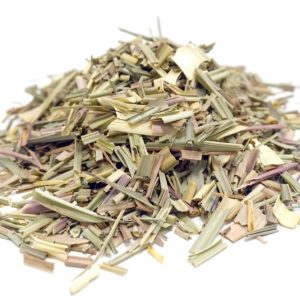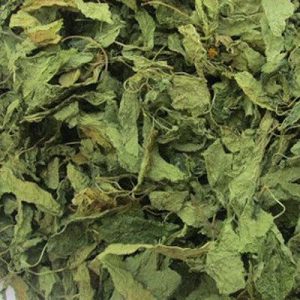Description
Specifications
Product Type
leaves/ CUT
English/Common Name
Henna, Egyptian Privet, Camphire, Henna, Henna Tree, Mignonette Tree
Botanical Name
Lawsonia inermis
Origin
Egypt
General Usage
Henna imparts an orange-red dye and the leaf paste is used for decorating hands, nails, and feet with color patterns. Henna leaves are also used as a remedy for skin ailments like burns, bruises, and skin inflammation. As a medicinal plant, Henna exhibits antibacterial effect.
Overview
Henna belongs to the family Lythraceae and it is grown in tropical and subtropical areas. is attributed to strong fungicidal, anti-inflammatory, analgesic, antibacterial, virucidal, antiparasitic, antiamoebiasis, astringent, antihemorrhagic, hypotensive, sedative, anticancer effects, and possible anti-sweating properties.
Common Names
Spanish: alcana; alhena; Jenna; reseda
French: henne; henné
German: Hennastrauch
Vietnam: lá mòn; nhuôm móng.
Storage Conditions:
Henna should be kept in an airtight container/ bottle away from direct sunlight in a cool & dry place
Packing and Shipment
Whole/ leaves/ Crushed
Color
Green to light green with moderate amount of brown leaves
Packing
P.P Bages
Paper Bags
Wieght
10 kg
25 kg
Capicity per Container
20 FT: 6 TONS
40 FT: 13 TONS
Quality
Grade: A,
Grade: B
Availabilty
Organic
Conventinal
EU Standards

